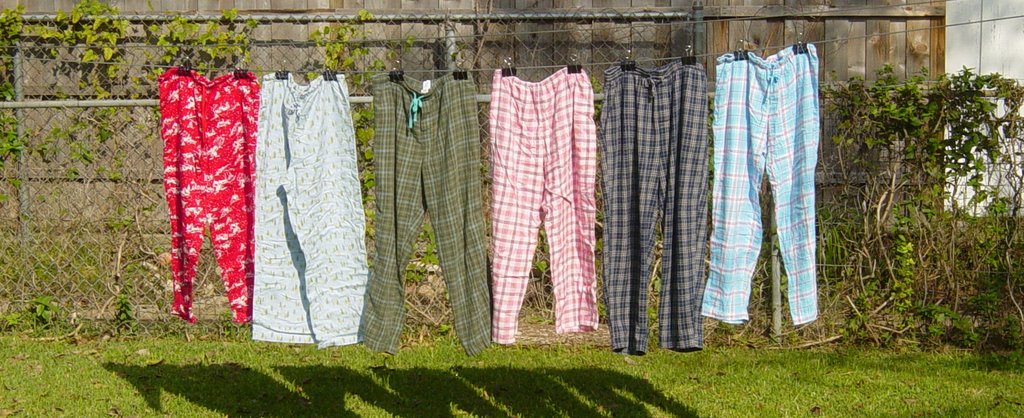This is from the Union of Concerned Scientists.
Ten Steps to Reduce Your Global Warming Impact
Individual choices can have an impact on global climate change. Reducing your family's heat-trapping emissions does not mean forgoing modern conveniences; it means making smart choices and using energy-efficient products, which may require an additional investment up front, but often pay you back in energy savings within a couple of years.
Since Americans' per capita emissions of heat-trapping gases is 5.6 tons—more than double the amount of western Europeans—we can all make choices that will greatly reduce our families' global warming impact.
The car you drive: the most important personal climate decision.When you buy your next car, look for the one with the best fuel economy in its class. Each gallon of gas you use releases 25 pounds of heat-trapping carbon dioxide (CO2) into the atmosphere. Better gas mileage not only reduces global warming, but will also save you thousands of dollars at the pump over the life of the vehicle. Compare the fuel economy of the cars you're considering and look for new technologies like hybrid engines.
Choose clean power.More than half the electricity in the United States comes from polluting coal-fired power plants. And power plants are the single largest source of heat-trapping gas. None of us can live without electricity, but in some states, you can switch to electricity companies that provide 50 to 100 percent renewable energy. (For more information go to Green-e.org.)
Look for Energy Star.
When it comes time to replace appliances, look for the Energy Star label on new appliances (refrigerators, freezers, furnaces, air conditioners, and water heaters use the most energy). These items may cost a bit more initially, but the energy savings will pay back the extra investment within a couple of years. Household energy savings really can make a difference: If each household in the United States replaced its existing appliances with the most efficient models available, we would save $15 billion in energy costs and eliminate 175 million tons of heat-trapping gases.
Unplug a freezer.One of the quickest ways to reduce your global warming impact is to unplug the extra refrigerator or freezer you rarely use (except when you need it for holidays and parties). This can reduce the typical family's carbon dioxide emissions by nearly 10 percent.
Get a home energy audit.Take advantage of the free home energy audits offered by many utilities. Simple measures, such as installing a programmable thermostat to replace your old dial unit or sealing and insulating heating and cooling ducts, can each reduce a typical family's carbon dioxide emissions by about 5 percent.
Light bulbs matter.If every family in the United States replaced one regular light bulb with an energy-saving model, we could reduce global warming pollution by more than 90 billion pounds, the same as taking 7.5 million cars off the road. So, replace your incandescent bulbs with more efficient compact fluorescents, which now come in all shapes and sizes. You'll be doing your share to cut back on heat-trapping pollution and you'll save money on your electric bills and light bulbs.
Think before you drive.If you own more than one vehicle, use the less fuel-efficient one only when you can fill it with passengers. Driving a full minivan may be kinder to the environment than two midsize cars. Whenever possible, join a carpool or take mass transit.
Buy good wood.When buying wood products, check for labels that indicate the source of the timber. Supporting forests that are managed in a sustainable fashion makes sense for biodiversity, and it may make sense for the climate too. Forests that are well managed are more likely to store carbon effectively because more trees are left standing and carbon-storing soils are less disturbed.
Plant a tree.You can also make a difference in your own backyard. Get a group in your neighborhood together and contact your local arborist or urban forester about planting trees on private property and public land. In addition to storing carbon, trees planted in and around urban areas and residences can provide much-needed shade in the summer, reducing energy bills and fossil fuel use.
Let policymakers know you are concerned about global warming.Our elected officials and business leaders need to hear from concerned citizens. Sign up for the Union of Concerned Scientists Action Network to ensure that policymakers get the timely, accurate information they need to make informed decisions about global warming solutions.
Subscribe to:
Post Comments (Atom)






2 comments:
I will pass this information out to the people at work.
Really? That's great ! Thanks!
Post a Comment